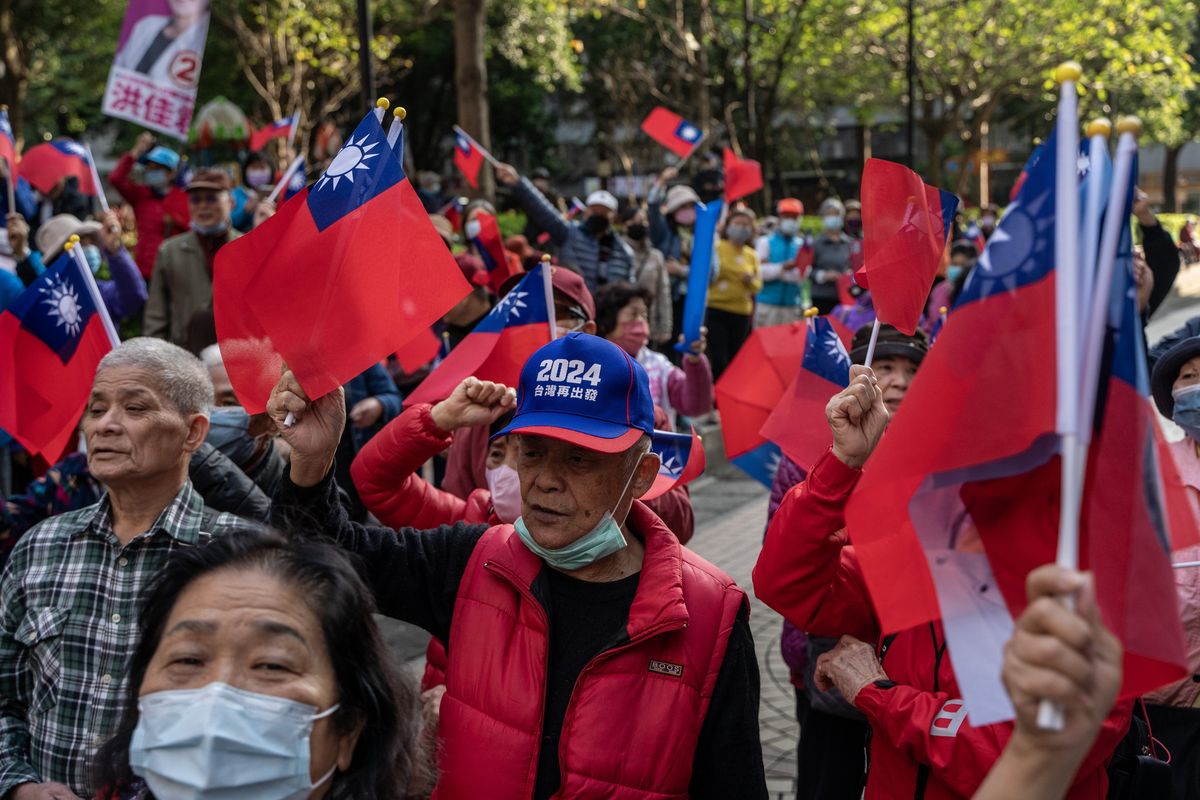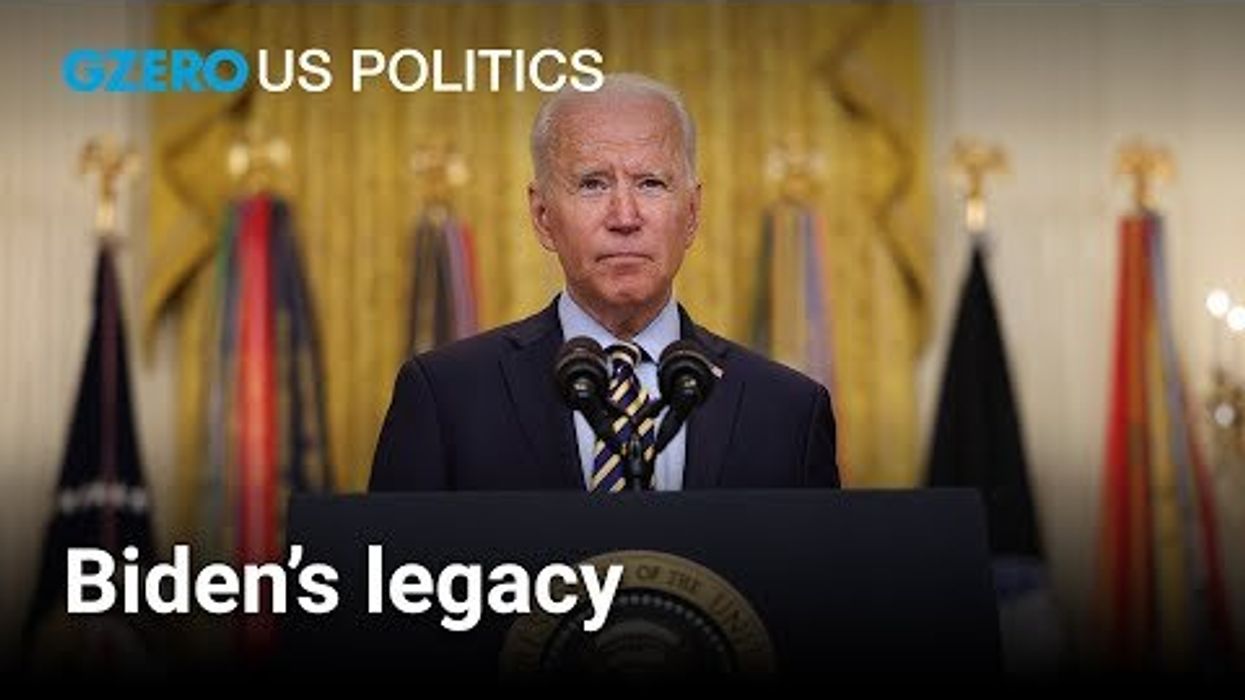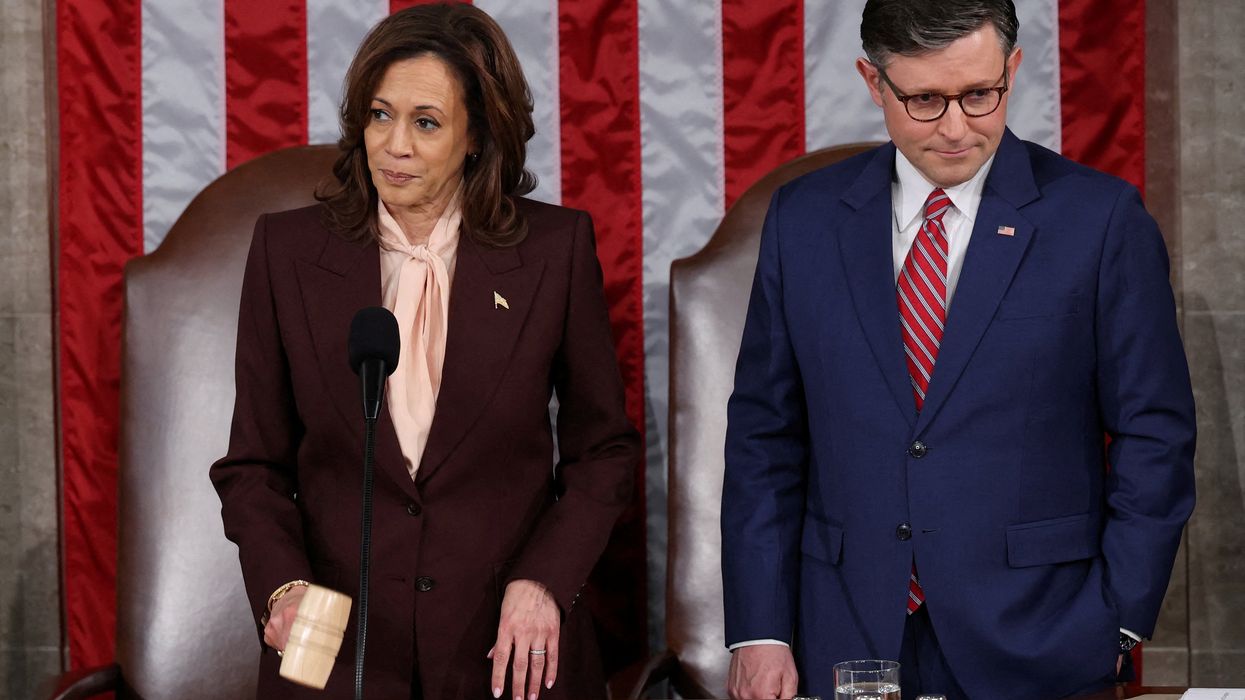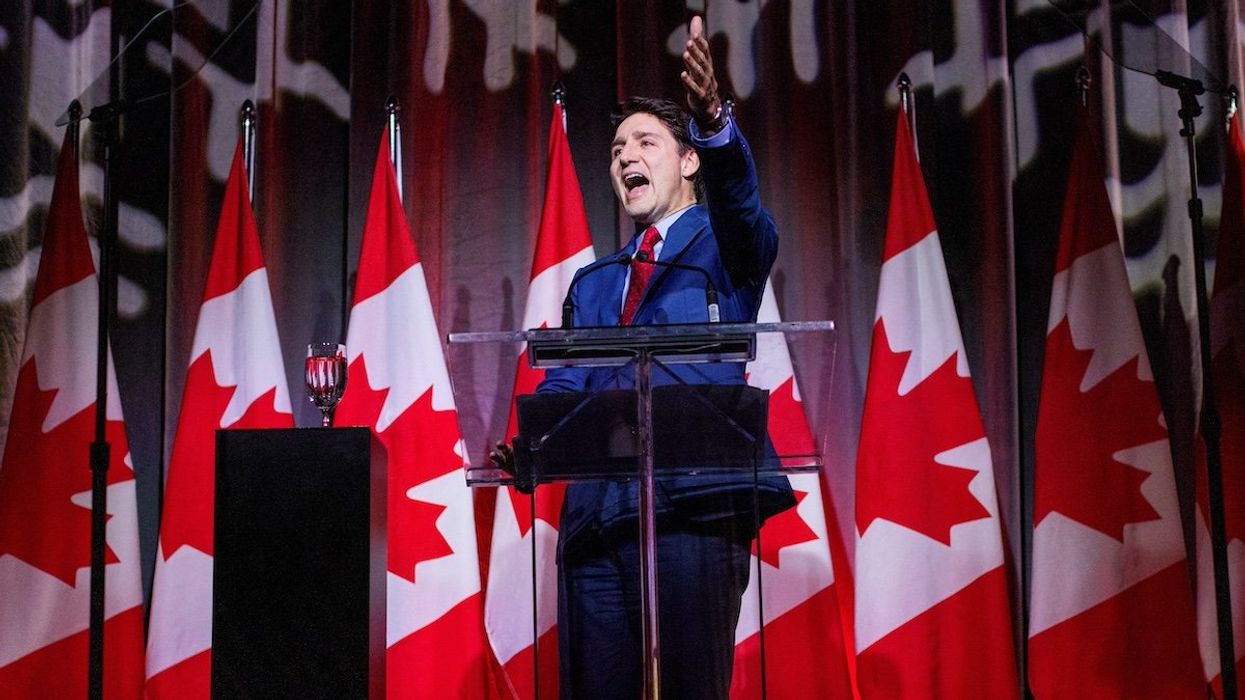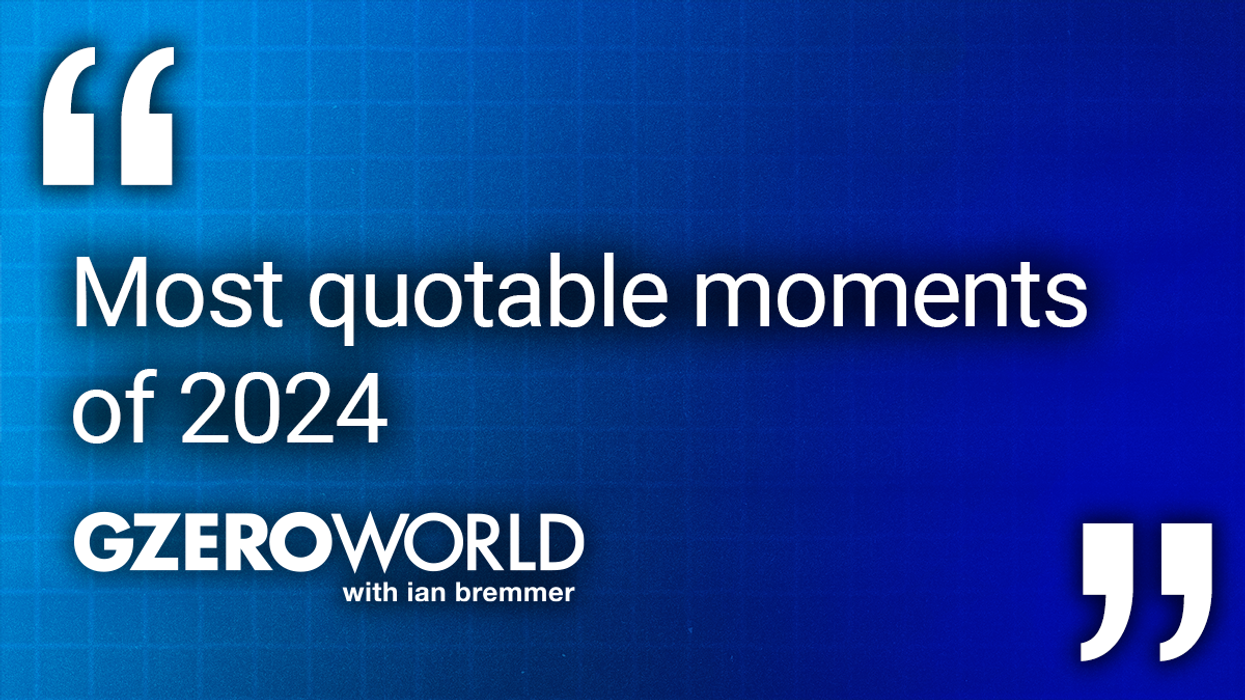Rather than hire a skywriter to remind Taiwan what’s at stake in their Jan. 13 election, China sent four balloons – spy balloons – to show that China looms large over the autonomous island’s election. Beyond cross-strait relations, kitchen table economic concerns and energy policy are key issues.
The candidates: The election has two major candidates with distinct views on China and the US.
Leading in the opinion polls is Taiwan’s current Vice President Lai Ching-te from the Democratic Progressive Party, who wants to strengthen ties to the US. Although Lai does not support Taiwanese independence, China calls him a “separatist” and has suggested his election could risk war.
China's favorite to win, Taipei Mayor Hou Yu-ih leads the opposition Kuomintang Party. The KMT is advocating for increasing cross-strait relations, while rejecting China’s “one country, two systems” model (as do most Taiwanese, after seeing what happened in Hong Kong). The KMT is capitalizing on China's threat of war to position itself as the safer bet, even blaming the DPP for Taylor Swift skipping Taiwan on her Eras tour.
Where things stand: Final polls show the DPP with a narrow but consistent lead, leading KMT by between 3 and 11 points. But it's still too soon to call it. Taiwan has a plurality voting system, so whichever candidate receives the most votes will become the president, whether or not they achieve a majority.
